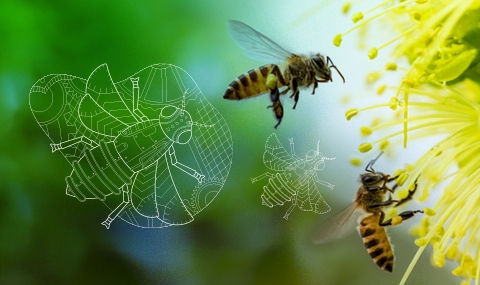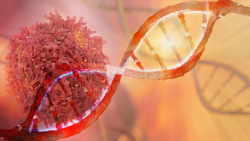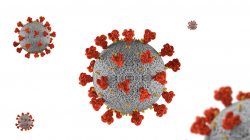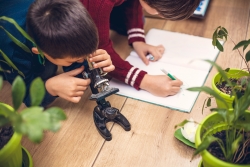Thinking about cause and effect might seem straightforward. After all, even Pavlov's dogs learned to associate a bell with food. But if understanding causality is so simple, why do people make so many mistakes when it comes to scientific causal relationships? Why is it challenging to study the connections between genes and traits or smoking and cancer? Why do people often focus on why a causal relationship exists rather than how it works? And why is it difficult to apply causal reasoning in everyday life?
The simple answer is that scientific causal relationships are complex. The more detailed answer is that understanding this complexity is exactly what our research group aims to do.
Our research group delves into the complexities of science, particularly biology, to understand why people struggle with causal reasoning. We explore why students and laypeople find it difficult to grasp and use causal relationships and their underlying mechanisms in various biological topics. Additionally, we investigate the challenges teachers face in explaining these mechanisms and work on designing tools to help both teachers and students overcome these hurdles. We also study these tools to determine their effectiveness and identify which ones work best for different groups of learners.
Interesting? To learn more about our research watch this video





